If the above sounds to you like the set up for some sort of giallo parody crossed with one of those Italian sex 'comedy' films, prepare to be disappointed. As with all the Pupi Avati films I've seen, sex and sexuality are firmly of the repressed variety, both in terms of the characters and the film itself. It's also not really a parody as, other than black gloves and a sinister(ish) whisper, precious few giallo tropes are on display. The private investigator, who shows up after half an hour and comfortably beats off (engaging in some film-level humour there) the others to take the title of Most Unfunny Character, could have opened up the possibility of throwing a Poirot-type character into the mix, but as far as I could tell he's just a straightforward comic character, with no parodic or satirical bent (I say 'as far as I could tell' because there's one early dialogue exchange which is clearly referencing contemporary Italian politics, but it doesn't seem like that's a running theme).
To try and make some hay out of the limp straw men characters, the film does seem to be in line with other Italian comedies of the era in depicting a kind of crisis of masculinity. I say 'masculinity', the 'joke' seems to be that not all men are cocksure and virile, ie masculine. It's difficult to know whether the films are exploring fears on the part of the makers that they themselves (presumably males of a somewhat artistic bent) might not be paragons of manhood, or whether they're just poking fun at a type of man whom they consider to be flawed and inferior. One possible explanation for the weak male characters is that Italian comedies tended to depict strong, sexualised female characters, and so an 'opposite' is required to set things up for some lulz.
We get that exact situation here, with Carlo Delle Piane's ugly-Peter Sellers salesman chump proving inexplicably attractive to undersexed Francesca Marciano (although, this being an Avati film, the set-up isn't - as it typically would be - used as an excuse for lots of gratuitous nudity). It's not just Delle Piano either - the family's sons are rendered as 'weak'; one physically the other mentally (and morally [he's the literal wanker]), and the detective character is a self-described "cuckold", proving to be beyond useless at his job. The only real 'masculine' character in the much younger husband of the family's matriarch, something of an American horseman, but he's also shown to be something of a fool, being entirely ineffective throughout. That may suggest a judgement being passed on the male of the species (that they're all impotent in varying ways, and inferior to women)*, or else it might just be a load of unfunny blokes trying to throw a comedy film together.
There are a few decent moments-the killer's rictus grin at the end, as they advance slowly towards the camera is effective (though hardly an original image), and there are some excellently-photographed scenes of lone characters stalking around Castle Zanotti. There's even one moment which I initially thought was a brilliant attempt at audience manipulation-Bob Tonelli, the physically challenged character, slips on a pair of black gloves as he's about to depart a room. The framing is such that the gloves barely enter the shot, and the audience - who should still pick up the gloves' presence - seems to be dared to think that they've noticed a visual clue to the murderer's identity which the filmmakers were attempting to surreptitiously smuggle into the film by some clever framing, but which the audience has spotted through brilliant attentiveness. The very next shot depicts Bob walking down the driveway of the house sans gloves - is this a continuity error, or are the filmmakers doubling down on their ploy? Will he spend the rest of the film lurking in the background, out of focus or turned away from the camera, giving occasional glimpses of gloves and weapons which escape the ordinary viewer's notice, but which the superior, super-observant viewer, picks up on? As it turns out he won't, so it likely was just poor framing followed by a continuity error.
"Every time someone expects something from me, I always try to do the opposite," says Avati in the special features on 88 Films. This is very applicable to this film, given that he made it after the excellent House with Laughing Windows - presumably people expected him to make another good film.**
*Given the 'solution' to the 'mystery', one could also argue that a comment is being made on the influence/power of the older generation, or even one's ancestors, with 'modern' man paling in comparison, but that would be a stretched argument.
**Ah, it's not that bad really, although it is very unfunny and is only of value to those of us who drink down any and all Kool Aid which was brewed by 1970s Italian genre cinema.



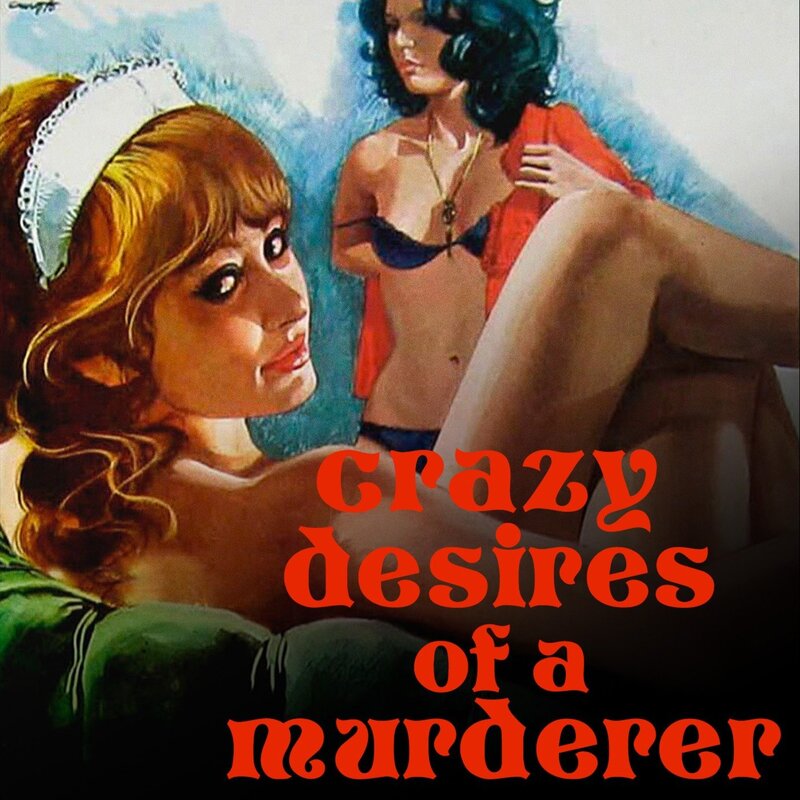
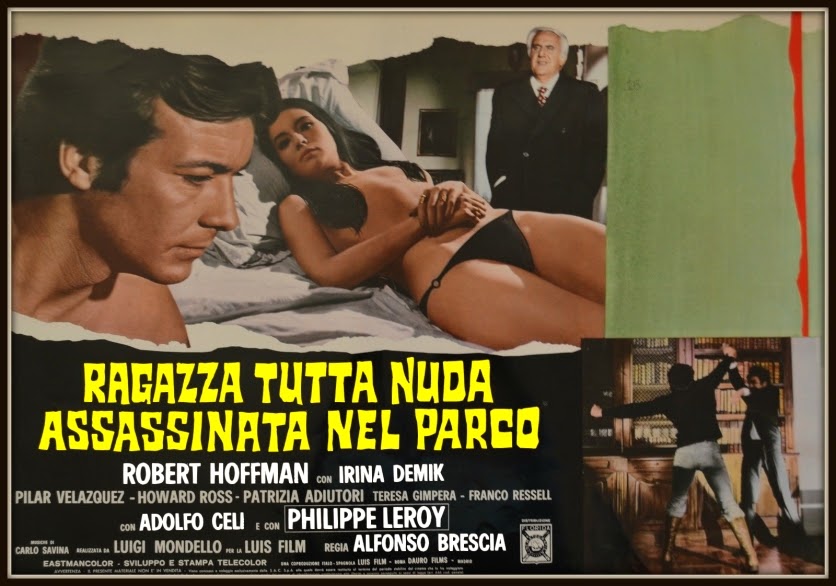
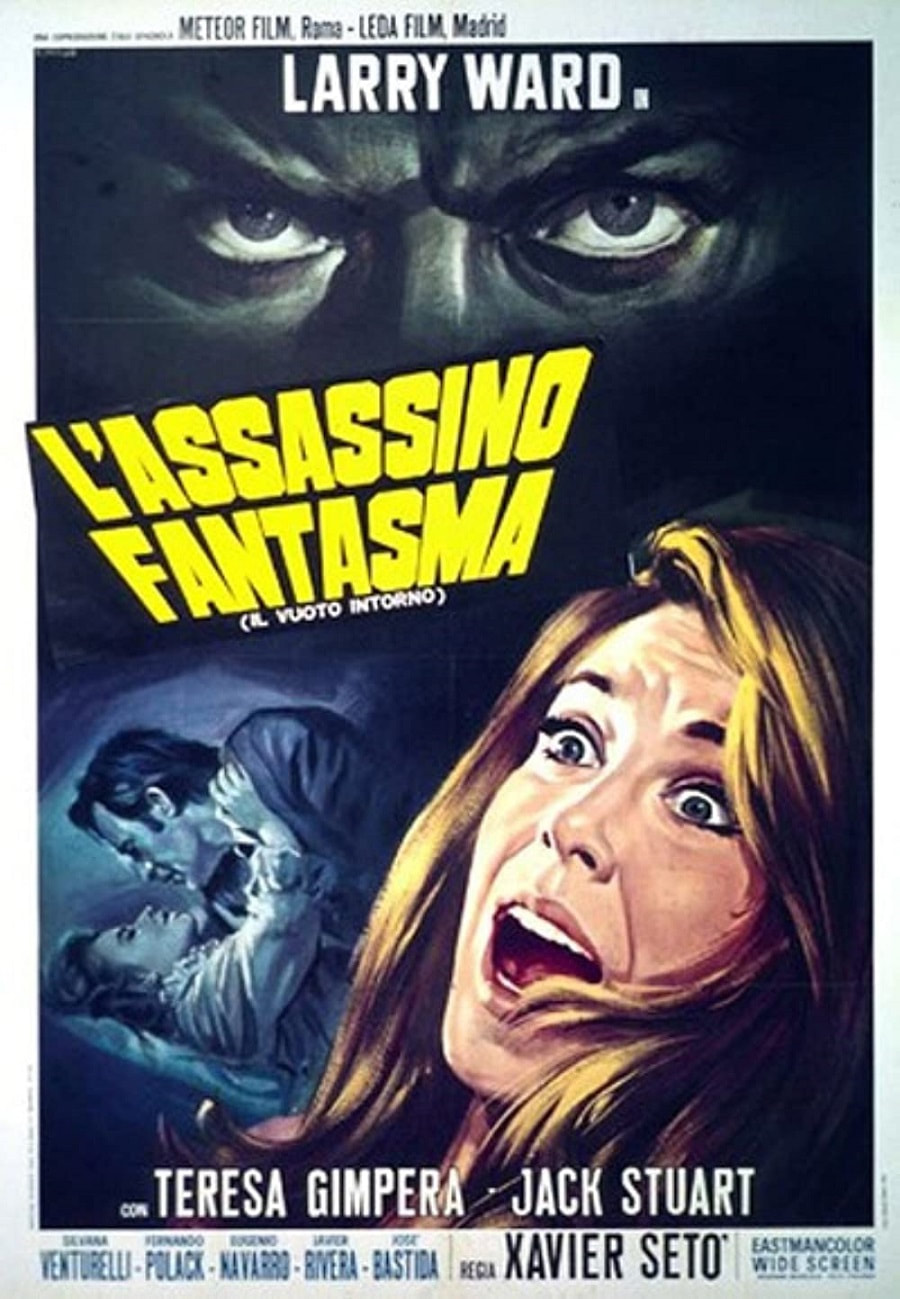
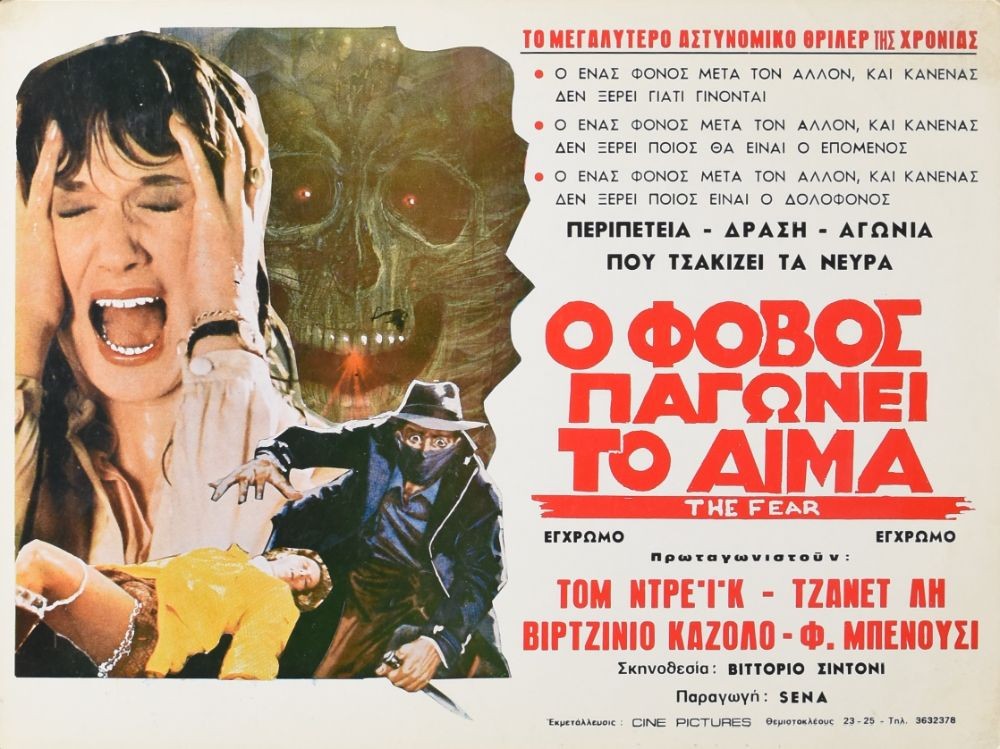
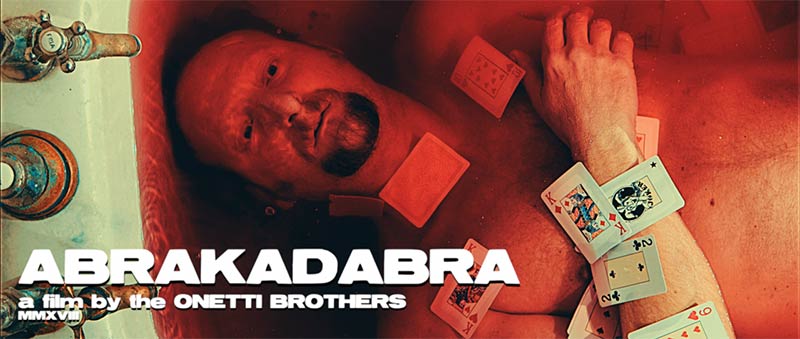
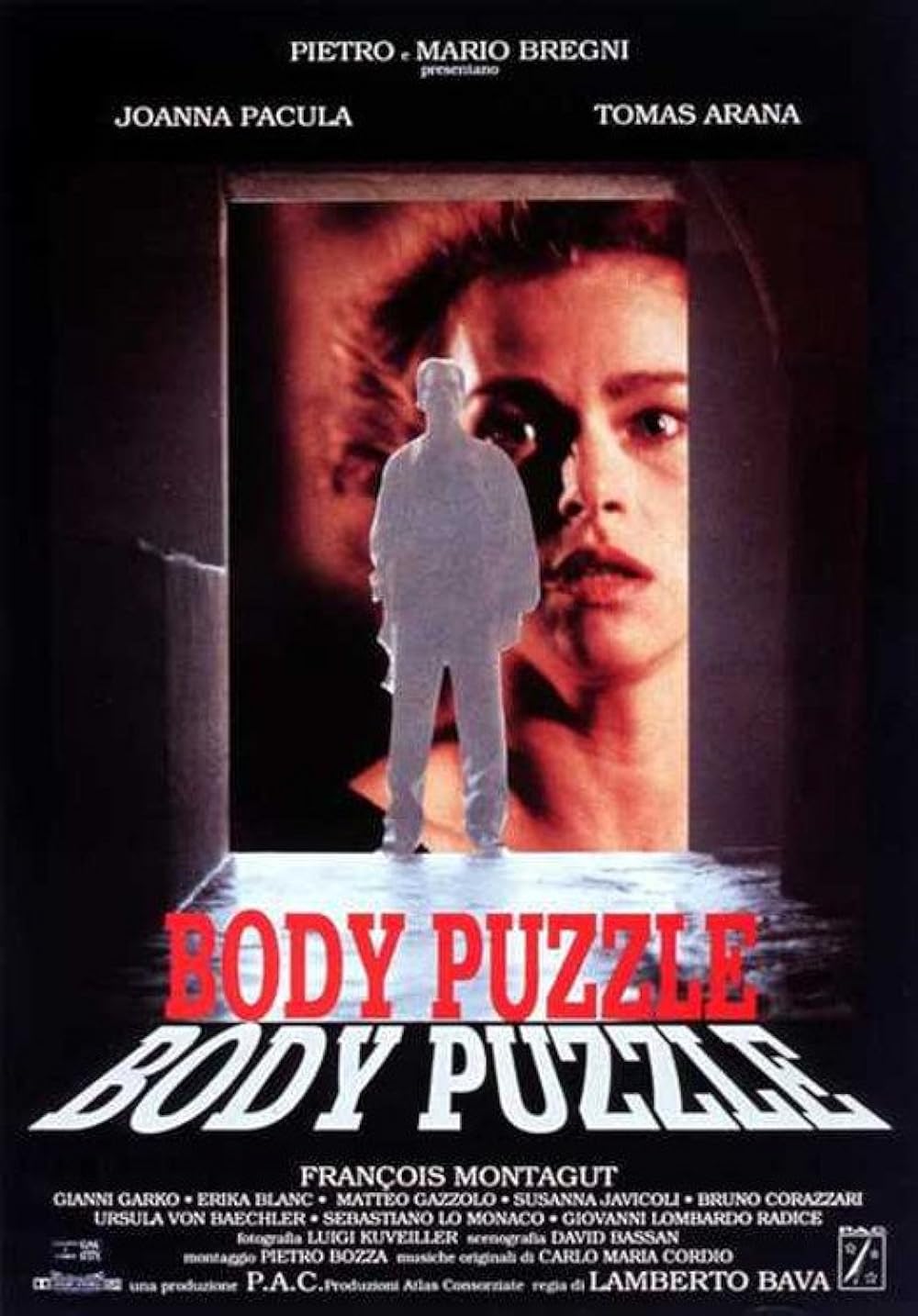
 RSS Feed
RSS Feed
